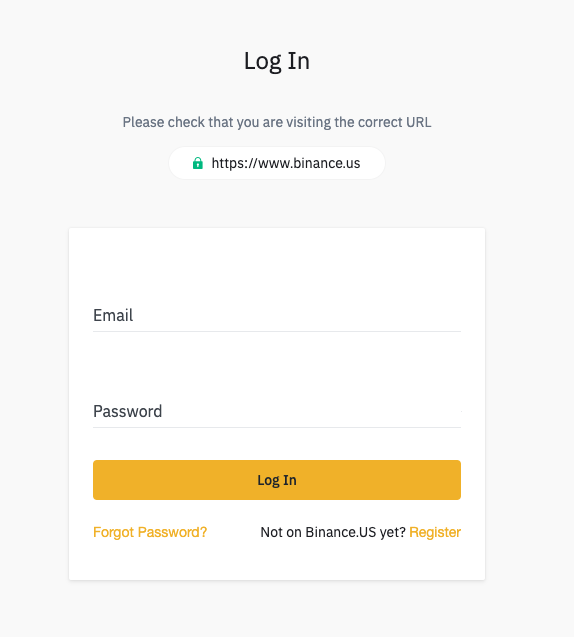

"It's going to be a historic case, and it's definitely going to attract a lot of regulators' attention," said Aija Lejniece, an international arbitration lawyer based in Paris who is advising the complainants. Martin is one of about 700 crypto traders from dozens of countries who have come together online to explore how they can take action against Binance after they either lost access to their accounts without clear explanation or recourse or they lost money when the exchange crashed on May 19, leaving them unable to move their funds despite their frantic efforts as the prices of cryptocurrencies tumbled.Īfter months of organizing and consulting with legal experts, the group has settled on the unusual strategy, announced Thursday, to pursue international arbitration, a form of cross-border dispute resolution typically used by multinational companies, to hold a largely unregulated, borderless company with no headquarters to account. "Where are they putting everybody's money?" Sable Martin at her home in Douglasville, Ga. “At the end of the day, there may be zero exchanges, and the question is, ‘who wins as the platform?’ I think that'll be us."You can't get in contact with anybody," she said. “You’ll think of us more like a diversified platform company where we're building tokens and tokenizing real assets, like real estate and equities, engaged in payments through our proprietary stable coin.” He predicts that stablecoins will be the future payment mechanism, so “you no longer have to go back and forth between your bank account and your crypto wallet.”įor Brooks, the role of Binance US goes beyond being just an exchange: “We have in our DNA not only being a fiat exchange we also have in our DNA things like derivatives and futures, and soon an NFT platform and other things.” Roberts then asked Brooks about the future role of crypto exchanges, and whether the market will continue to close in on a few dominant exchanges, like Coinbase and Binance.īrooks believes exchanges are “just an on-ramp into the world of crypto” and says that once people are into crypto they shouldn’t need exchanges anymore. So yes, I think I can help on that front,” he said. “I think there were a handful of us in the administration who did have a thesis for this. But crypto needs friends in Washington to thrive, and Brooks has friends aplenty from his time in DC. “I wouldn't say it's necessarily just to fix things in Washington,” he said. Roberts asked whether Binance US’s decision to recruit Brooks is part of a broader plan to grease the wheels with Washington.īrooks answered frankly. During his tenure, the OCC published guidance on how banks can custody stablecoins, and how crypto companies can become banks themselves.

And there's nothing more fun for me than that.”ĭuring his time in Washington, Brooks was already theorizing how national banks could interact with crypto. I envision a very rapid growth rate here. So, why Binance US, the independent, American-only version of Binance that trades a fraction of the volume of his former employer, Coinbase ?īrooks was quick to answer: “The thing that I love doing - I think maybe people saw it at the OCC - is moving really fast in a fast-execution environment. Brooks could have had his pick of any job in the crypto industry.


 0 kommentar(er)
0 kommentar(er)
